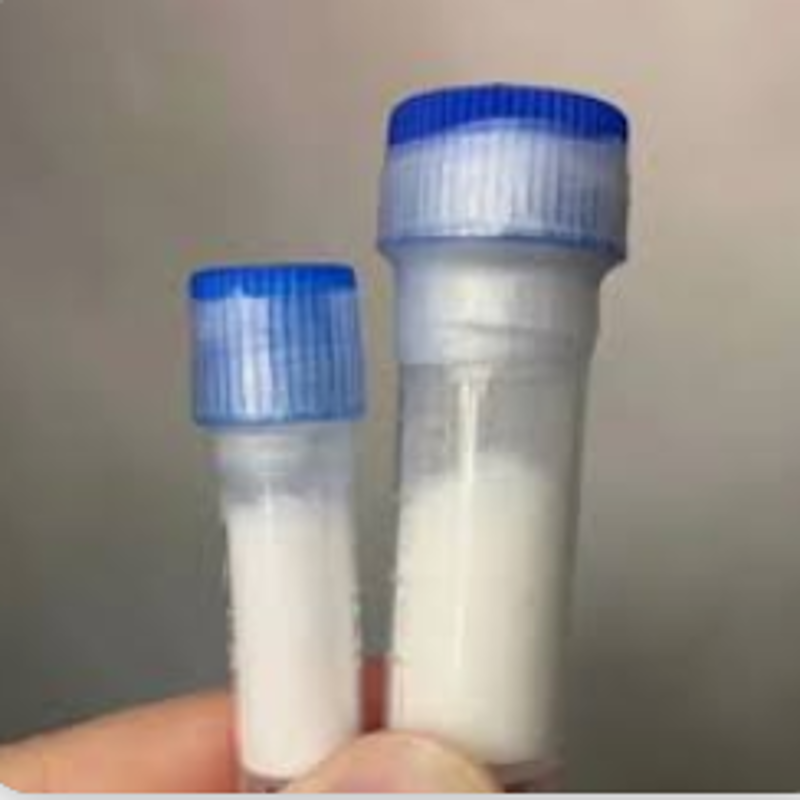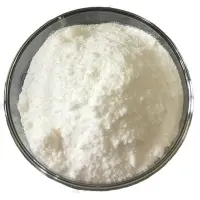-
Categories
-
Pharmaceutical Intermediates
-
Active Pharmaceutical Ingredients
-
Food Additives
- Industrial Coatings
- Agrochemicals
- Dyes and Pigments
- Surfactant
- Flavors and Fragrances
- Chemical Reagents
- Catalyst and Auxiliary
- Natural Products
- Inorganic Chemistry
-
Organic Chemistry
-
Biochemical Engineering
- Analytical Chemistry
-
Cosmetic Ingredient
- Water Treatment Chemical
-
Pharmaceutical Intermediates
Promotion
ECHEMI Mall
Wholesale
Weekly Price
Exhibition
News
-
Trade Service
Fluoxetine, also known as Prozac, is a selective serotonin reuptake inhibitor (SSRI) medication that is commonly used to treat depression, anxiety, and other mood disorders.
However, fluoxetine also has several applications in the chemical industry.
Here are some of the most notable uses of fluoxetine in the chemical industry.
- As a catalyst in polymerization reactions:
Fluoxetine has been found to be an effective catalyst in polymerization reactions.
In these reactions, fluoxetine helps to initiate the reaction and promote the formation of polymer chains.
This application of fluoxetine has been used to create new materials with unique properties, such as biodegradable polymers. - In the manufacture of medicines:
Fluoxetine is also used in the manufacture of certain medicines.
For example, it has been used in the production of medicines for the treatment of depression, anxiety, and obsessive-compulsive disorder.
Fluoxetine works by increasing the levels of serotonin in the brain, which helps to improve mood and reduce anxiety. - In the treatment of water pollution:
Fluoxetine has also been used in the treatment of water pollution.
In particular, it has been used to remove pollutants from water sources, such as industrial wastewater and sewage.
Fluoxetine works by adsorbing onto the pollutants and facilitating their removal from the water. - In the production of biofuels:
Fluoxetine has been used in the production of biofuels, such as biodiesel and bioethanol.
Fluoxetine can be used to convert biological waste into these biofuels, which can then be used as replacements for fossil fuels.
This application of fluoxetine has the potential to reduce greenhouse gas emissions and help combat climate change. - In the production of plastics:
Fluoxetine has also been used in the production of plastics.
In particular, it has been used to create a type of biodegradable plastic that can be used for packaging materials.
This application of fluoxetine has the potential to reduce waste and improve the sustainability of the plastics industry.
In conclusion, fluoxetine has several applications in the chemical industry.
It is used as a catalyst in polymerization reactions, in the manufacture of medicines, in the treatment of water pollution, in the production of biofuels, and in the production of plastics.
These applications demonstrate the versatility and usefulness of fluoxetine in the chemical industry.







